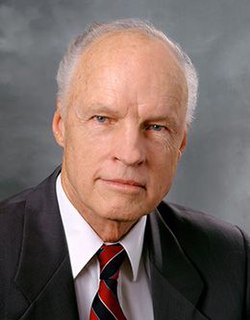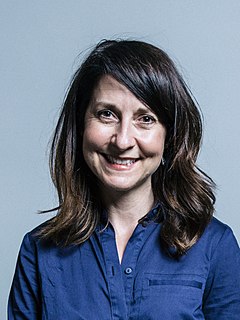A Quote by Mark Poster
So begins a question which has of late become more and more urgent: what is the relation of aesthetics to politics?
Related Quotes
Elites are inevitable in politics. That is how politics is going to work. The question is, are your elites responsible, public-spirited? Do they think about the interests of others, not just themselves? And the story of Western politics since the beginning of the century is that as elites become more separated, more selfish, as they leave behind their populations and don't think about them, they become discredited. And the people look for alternatives. But the alternative is worse. Those rules of the game protect us all. And they are more precious than almost any political outcome.
I think the right way to do this is just to step up and do it, so I actually think we'll see more of that over the next coming weeks, because I think they'll say, "We'd like to be good for business and quiet on politics, but this is too urgent, it is too much of a key crisis in who we are going to become as Americans. We can risk too much, and so we have to step forward." And I think you will see more and more people stepping forward, like Howard Schultz, Steve Case and other folks, in order to try to make a difference in this [Donald Trump] election.
That which you have received, you should be grateful for it. And the most beautiful phenomenon is that when you are grateful, existence starts pouring more and more over you. It becomes a circle: the more you get, the more you become grateful; the more you become grateful, the more you get... And there is no end to it, it is an infinite process.
A lot of ancient poetry sees in nature a reflection of human emotions, and in a post-industrialized era, once people have become more aware of the necessity of a more harmonious relation between man and nature, we need to build cities which can connect with human spiritual needs instead of being merely functional.
































